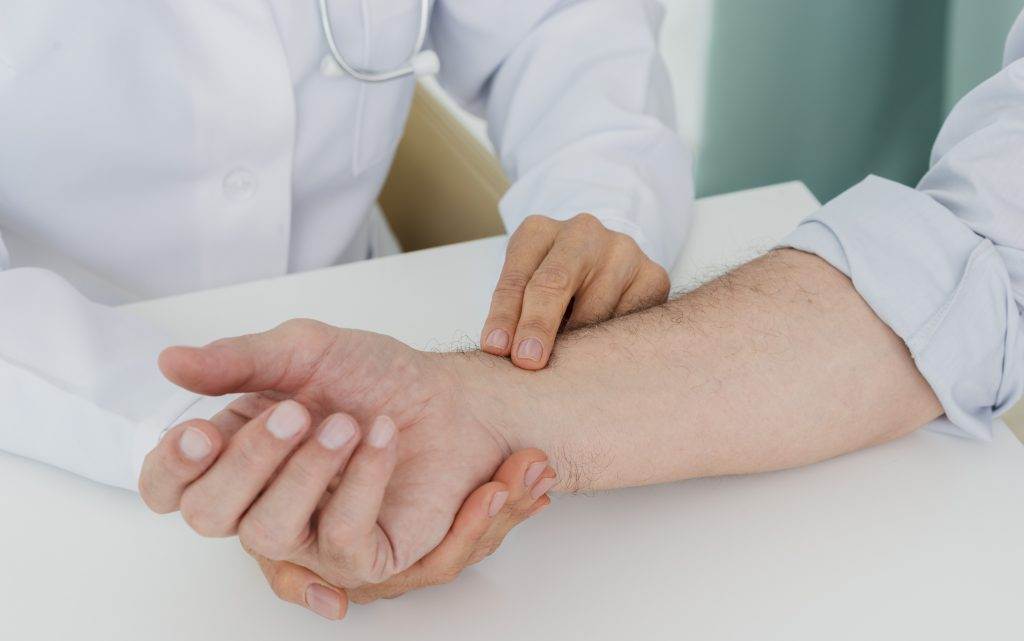Welcome to our pulmonary disease diagnosis and care section. We understand that dealing with respiratory conditions can be concerning, and we are here to provide you with the necessary information and support. Our team of experienced pulmonologists is dedicated to diagnosing and treating a wide range of pulmonary diseases, ensuring personalized care for each patient.

Diagnosis
Accurate diagnosis plays a crucial role in developing an effective treatment plan. Our pulmonologists utilize various diagnostic methods and tools to identify the underlying cause of your respiratory symptoms. This may include:
Medical History: Our doctors will review your medical history, including any previous respiratory conditions or exposure to environmental factors that may contribute to your symptoms.
Physical Examination: A thorough physical examination will be conducted to assess your respiratory system and identify any abnormalities.
Lung Function Tests: These tests measure the capacity and efficiency of your lungs. Spirometry, lung volume tests, and diffusion capacity tests help evaluate lung function and identify any obstructions or limitations.
Imaging Tests: Chest X-rays, CT scans, and MRI scans provide detailed images of your lungs, allowing our pulmonologists to detect abnormalities such as tumors, infections, or structural problems.
Blood Tests: Blood tests can reveal information about oxygen and carbon dioxide levels, as well as identify specific markers indicating inflammation or infection.
Bronchoscopy: In some cases, a bronchoscopy may be performed to examine the airways using a flexible tube with a camera attached. This procedure helps visualize the inside of the airways and collect samples if necessary.

Care And Treatment
Once a diagnosis is made, our pulmonologists will develop an individualized treatment plan tailored to your specific condition, symptoms, and needs. Treatment options may include:
Medications: Depending on the type and severity of your pulmonary disease, medications such as bronchodilators, inhaled corticosteroids, antibiotics, or immunosuppressants may be prescribed to alleviate symptoms and manage the underlying cause.
Oxygen Therapy: For individuals with low oxygen levels, supplemental oxygen therapy may be recommended to improve breathing and overall oxygenation.
Pulmonary Rehabilitation: Our comprehensive pulmonary rehabilitation program aims to improve lung function, increase exercise tolerance, and enhance overall quality of life through a combination of exercise training, education, and psychosocial support.
Lifestyle Modifications: Our pulmonologists may provide guidance on lifestyle changes, including smoking cessation, weight management, and avoiding triggers or irritants that worsen respiratory symptoms.
Surgical Interventions: In some cases, surgical interventions such as lung resection, lung transplantation, or airway stenting may be considered for appropriate candidates.
Please note that the above information is general, and specific treatment plans may vary depending on individual circumstances. Our team of pulmonologists will work closely with you to devise the most suitable treatment approach, ensuring continuity of care and ongoing support.
If you have any questions or would like to schedule an appointment, please contact us. We are here to assist you and provide the highest level of care for your pulmonary health. Thank you for choosing our services.